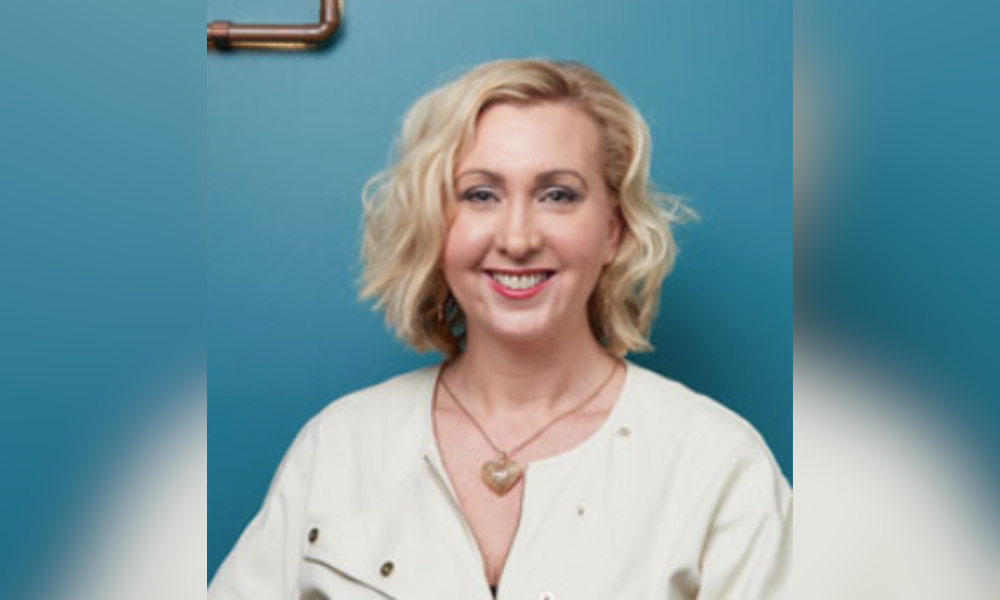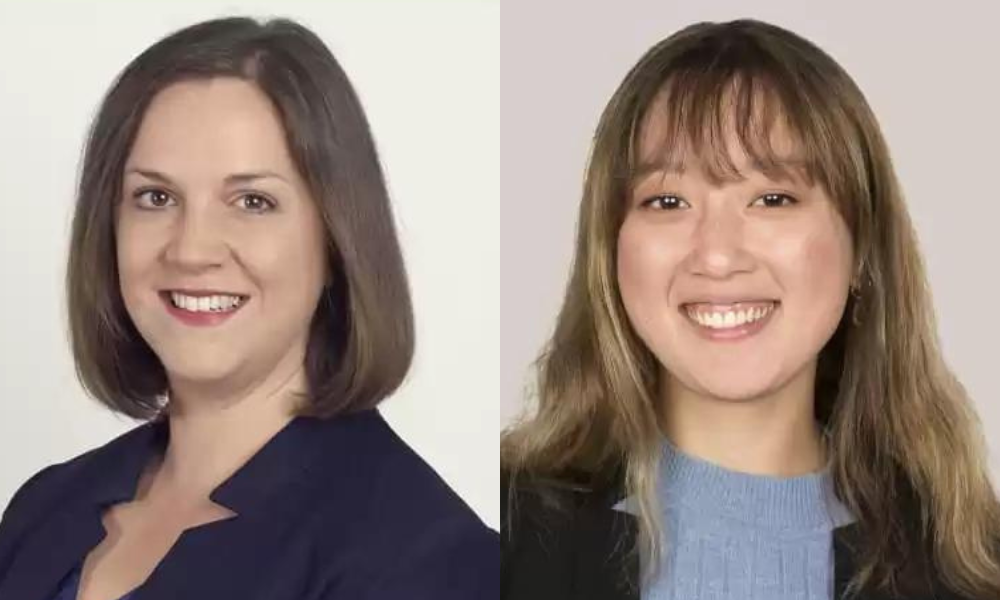'One of my secret weapons in getting great employee engagement and great workplace cultures is genuinely listening'

Having worked for nearly 30 years in the human resources sector, Jodette Cleary has learned that regardless of factors like age, culture or gender, people want to be seen.
“They want to be recognised for their efforts,” the chief people and culture officer at hipages group told HRD Australia. “That’s so important. They want to be heard.”
There’s no point doing an engagement survey and not sharing the results or doing anything about it, she added.
“One of my secret weapons to my success with getting great employee engagement and great workplace cultures is genuinely listening,” she said. “Sometimes you don't want to hear what you're being told, but if you listen properly and address it, and involve people in the solution, magic happens.”
Challenges in the tech industry
Hipages group is the largest online tradie marketplace in Australia. Being in the Australian tech sector, one of the major trends Cleary has seen is the shortage of technology talent, which has driven wages up.
“[It] was really exacerbated during COVID with the restriction of immigration,” she said. “I saw the worst poaching within the tech industry I'd seen in my career. And so that really forced us to think ‘Well, we need to do something different. And we really want to grow and develop talent and get younger grads in and grow them’.”
With a team of only 300 staff members, Cleary said hipages is “competing with the big guys”.
“That's been the biggest challenge for us as a tech company,” she said.
In 2022, the digital sector released a roadmap for creating a thriving Australian tech workforce, which outlined its plan to achieve 2.1million tech-related jobs by 2030.
The government highlighted its plan to work on several calls to action, including fixing gaps in education and training products and pathways; improving the diversity of the tech workforce; and targeting skilled migration to areas of high need.
Embracing a hybrid model
Another challenge for the business during the pandemic was deciding between going fully remote, having a hybrid workforce or remaining in the office.
“We bucked the trend in the tech industry by very early going 50% hybrid,” Cleary said. “Most tech companies went full remote. That didn't suit us. We knew from our experience that [when] our software engineers talk to our salespeople and our customer service people, magic happens. You just lose that cross-team collaboration with not coming in regularly.
“But at the same time, we wanted to acknowledge there were a lot of benefits for working from home during COVID. And we didn't want to completely strip that away.”
The hybrid working option has been a trial and error process for the company, where they realised that there should be a purpose for coming into the office, whether that’s team meetings or training in person.
“We've just really structured our organisation around making the time in the office meaningful,” she said. “We invested over $600,000 in making our office space more flexible for large team in-person collaboration and also better technology for hybrid working.”
That investment in hybrid work has paid off in terms of employee engagement, Cleary said, with top employer recognition.
“We've put a lot of work into listening to our people and making that happen,” she said.
From the mines to tech
Cleary’s career trajectory initially began with her plan to become a lawyer. She did a Bachelor of Arts at the University of New South Wales – studying industrial relations and psychology – with the hope of transferring into a law degree. But during her course, Cleary got an internship to work at a uranium mine in the Northern Territory where she got her first HR title: employee relations officer.
During her university holidays, Cleary would fly down and work at the mine.
“[I] really enjoyed working in employee relations,” she said. “I got to help do the apprentice recruitment and understand a lot about industrial relations.”
Cleary went on to study a Masters in labour law and relations at the University of Sydney before working in companies including Hays, Lucent Technologies and Honeywell. Following her time at Honeywell, she was recommended to Naomi Simpson, the powerhouse entrepreneur and founder of RedBalloon, which provides a range of gift cards and vouchers for various experiences.
“I went and met Naomi… she's a force of nature, she is the queen of marketing in Australia for sure,” Cleary said. “I got to work with her and help really set up Redballoon particularly to get the structure in place to grow and also really enter the corporate market.”
From there, Cleary had the opportunity to work at another major Australian business: Atlassian. There, she helped set up the foundations of HR for the company. And in turn strengthened her passion for working in start-up companies in tech compared to larger multinational businesses.
“We could make a decision in the morning and put it in place in the afternoon at these startups,” she said. “Whereas a lot of bureaucracy, and stakeholder management, and what have you was involved in big companies. And I thought ‘No, I really liked this space and it was in tech’.”
Working at hipages
In 2015, Cleary joined hipages group, where she set up HR systems to support the business. This included a digital applicant tracking system.
“Because of my tech background and because I'm a tech geek, I really pushed for systems early so that I could not have to worry about admin and really focus on the value add of work that we needed to do to really grow the company.”
And now, one of the key focuses for Cleary is the wellbeing of employees. The company teamed up with CU Health, a platform that connects workers with virtual appointments to a wellbeing team which includes GPs, doctors, psychologists, dietitians, and a health coach.
“That's my big focus right now, looking after the wellbeing of our people so that they can do their best work and be happy and healthy,” she said.








